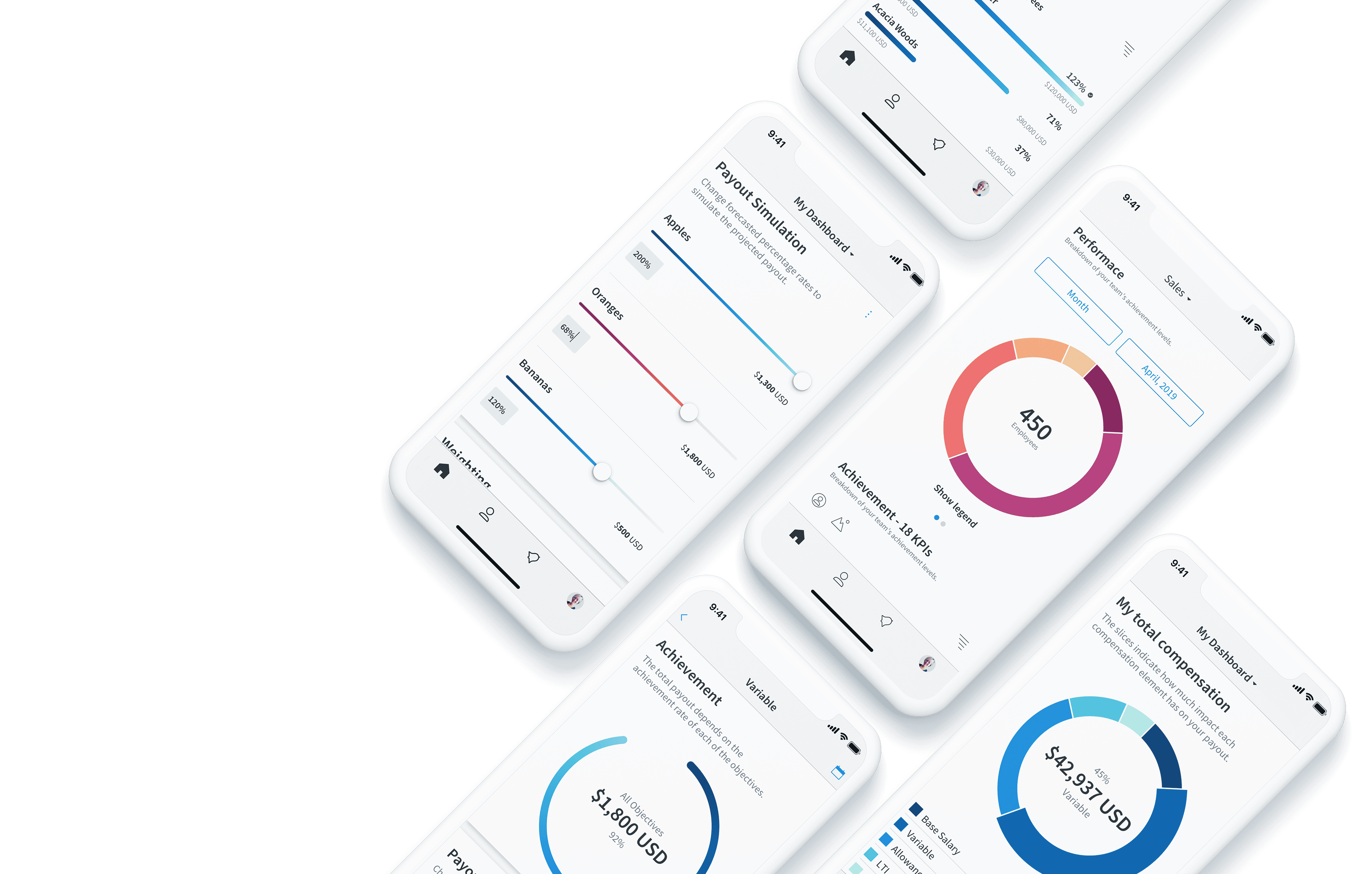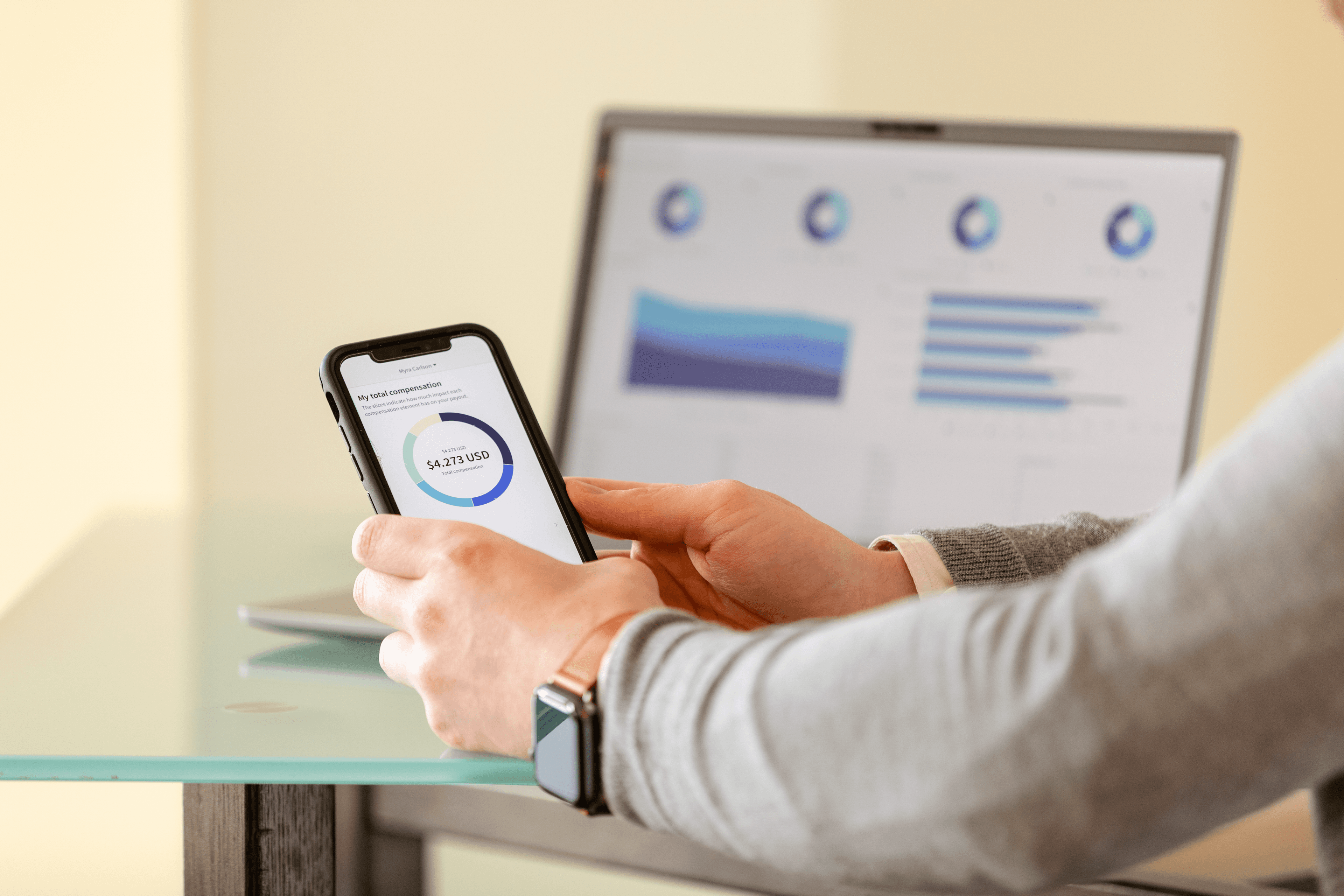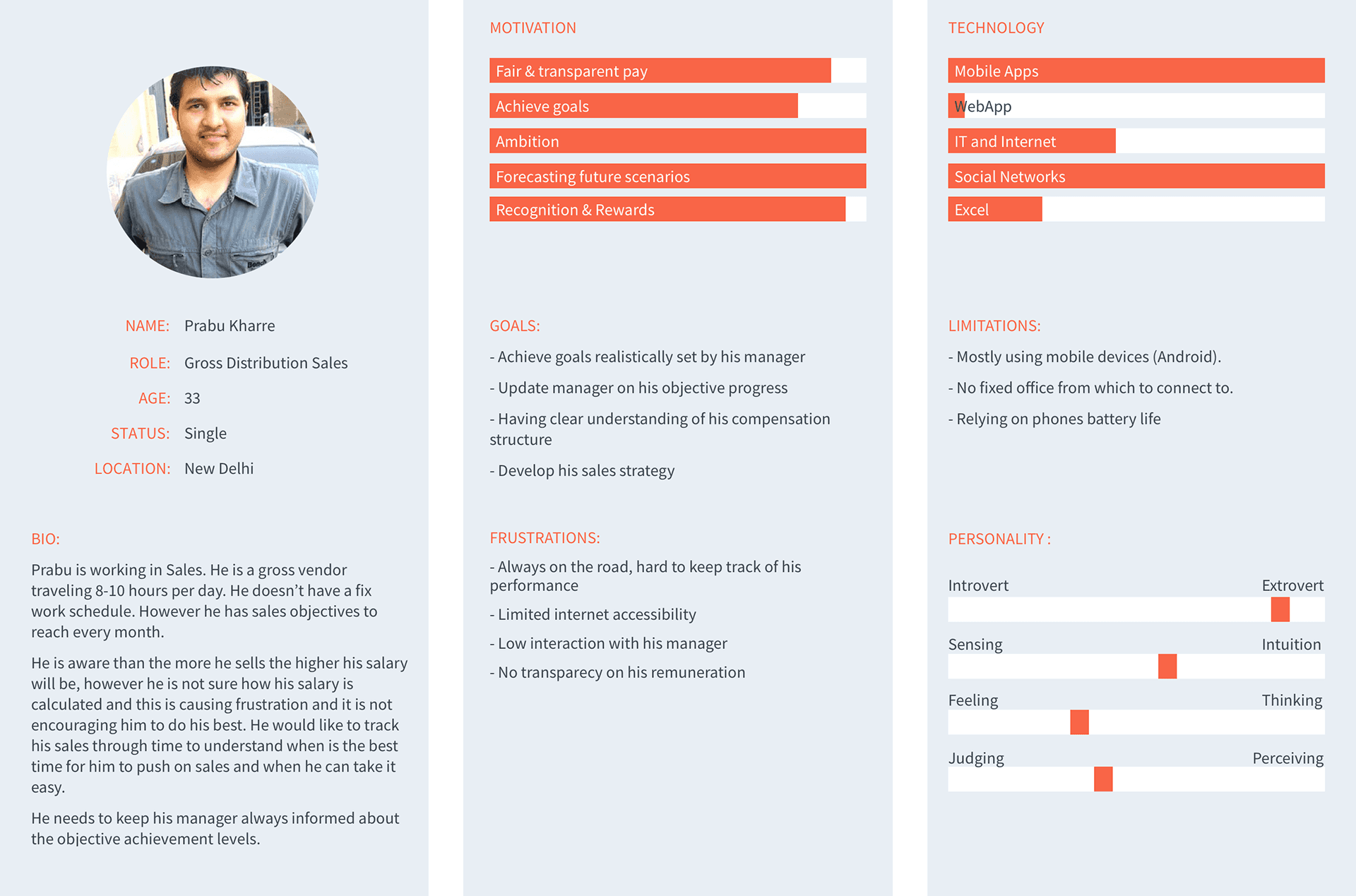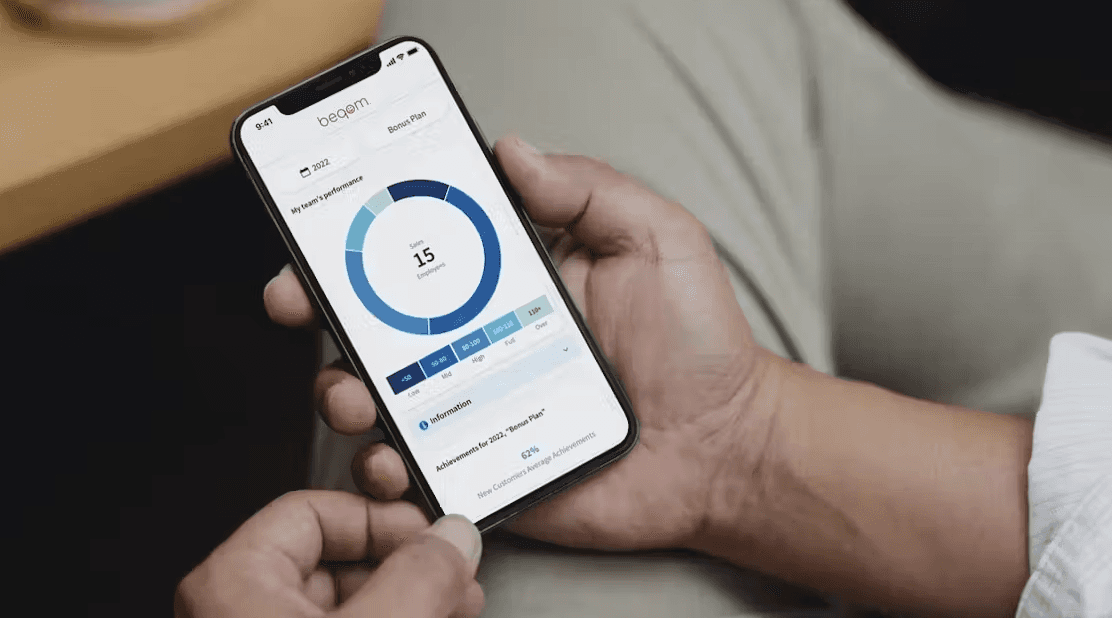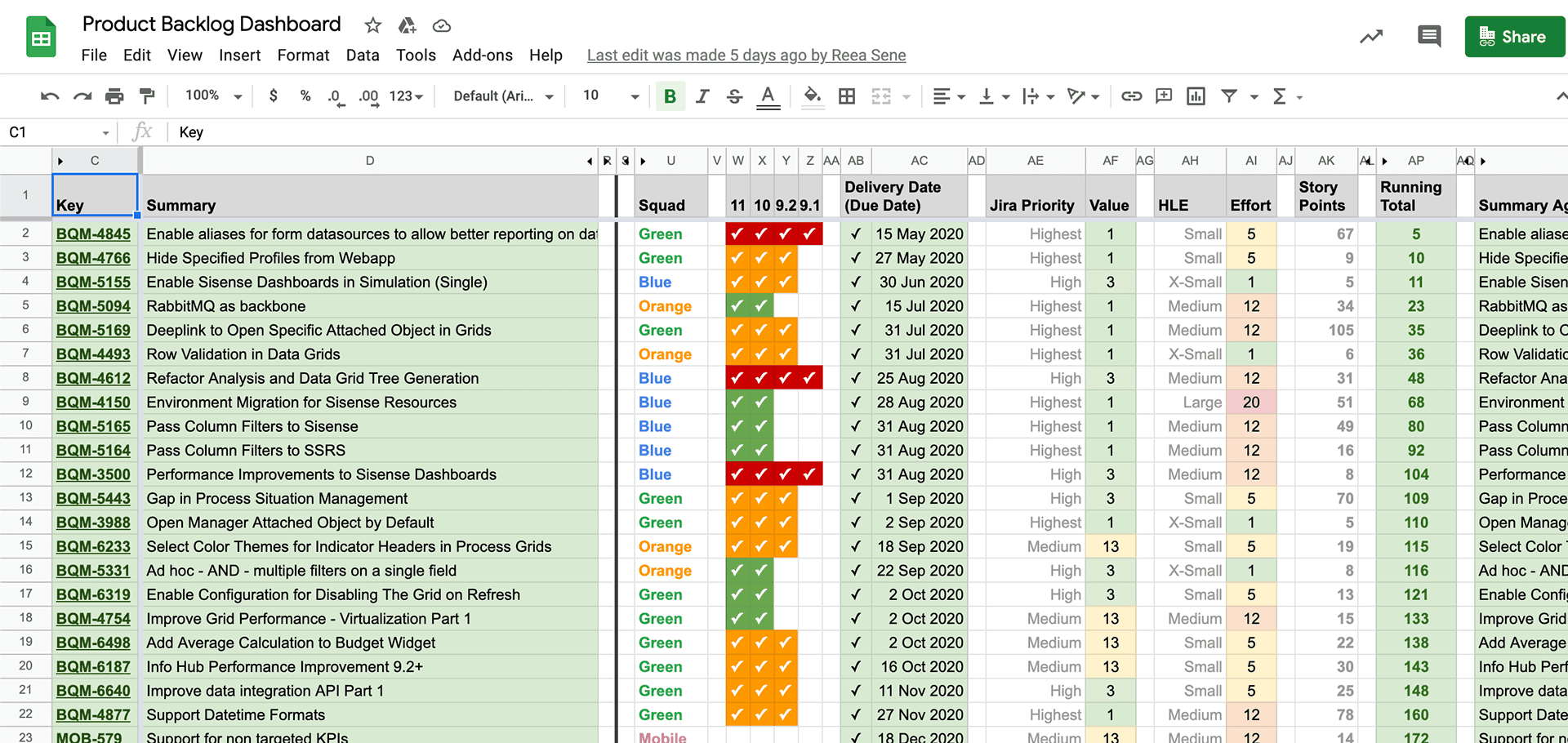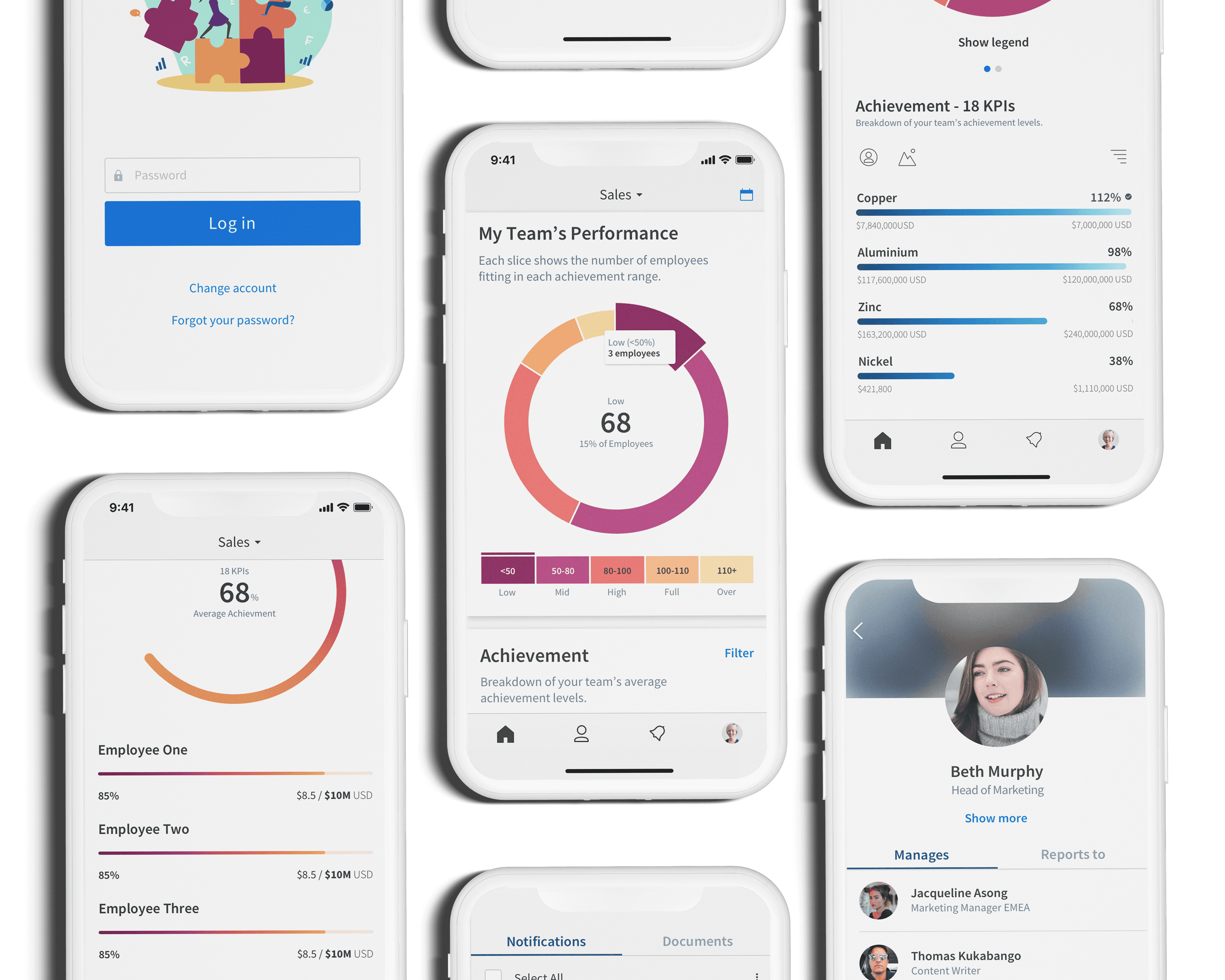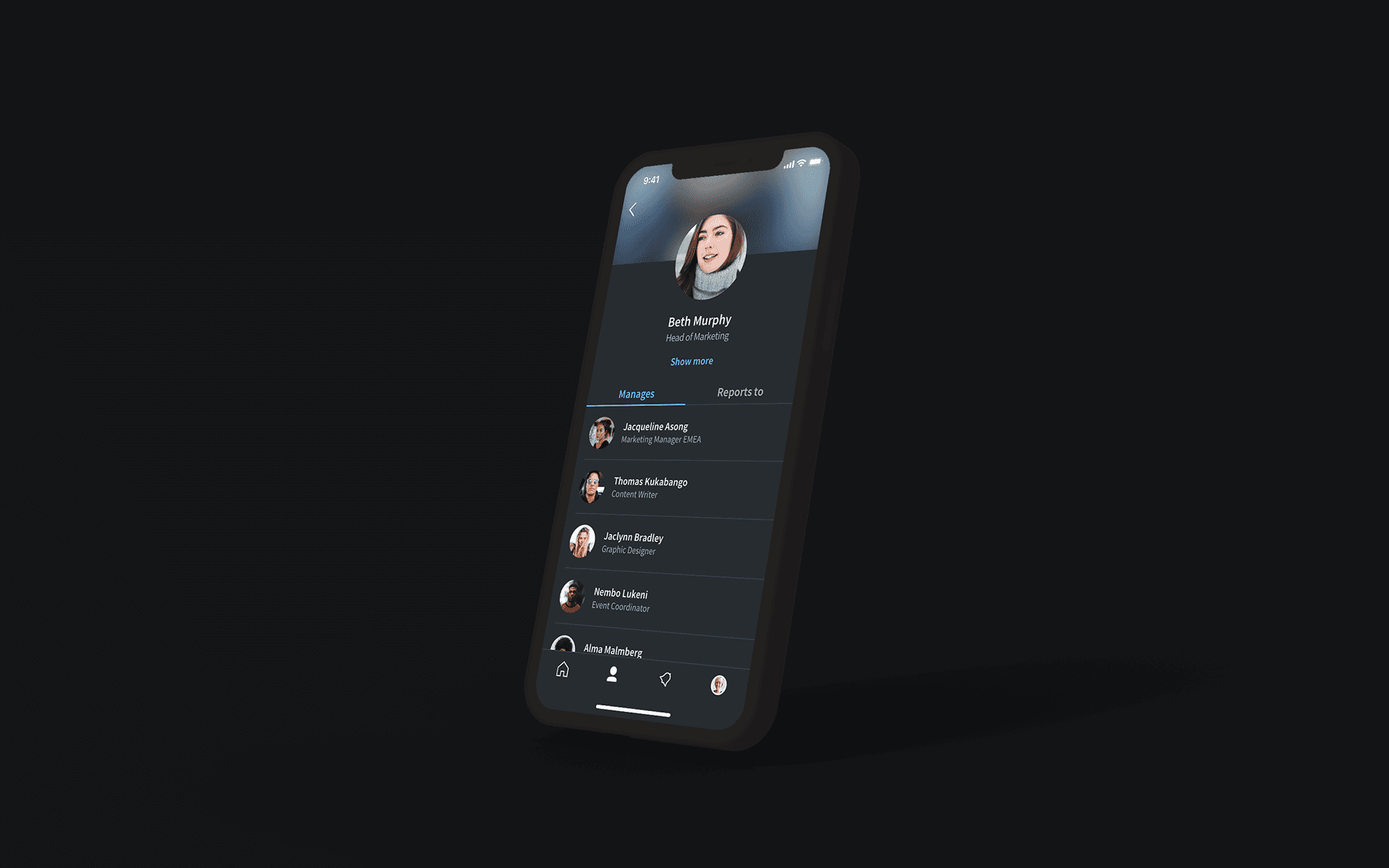Beqom mobile app
Growing a startup into a scale up. Making compensation transparent to employees.
CHALLENGES
PROCESS
The beqom total compensation software allows to create and execute total rewards strategies with the goal of making remuneration more transparent and its processes simpler.
The beqom desktop software also allows to simulate and implement sales incentive plans, sales objectives, contests and non-cash awards. Successful sales managers need to be effective coaches, skilful recruiters and administration and analytics experts. Sales professionals need to eliminate manual tasks that eat into their selling time and make sure their limited bandwidth is spent on high-value activities that lead to more closed business and greater revenue in a shorter time. The goal is to promote equity, keep salespeople engaged, motivate and reward.
A mobile app was truly what was missing at beqom.
Strongly requested by many of our clients, it was designed and developed with them and not exclusively for them. They were looking for a standardised mobile app that would take some of the beqom processes available on-the-go.
User journeys and user flows were established and reviewed with actual users. By looking at user journeys we found common patterns within different industries. We also identified redundant steps and areas of improvement.
By getting to know our users we were able to narrow down personas to only two types: managers and employees. Although managers were happy with the functionality provided on the desktop version of the beqom application, it was time consuming and available only when in the office. On the other side, employees wanted to have full transparency on their earnings at any time, even when on field.
Focused on understanding clients' unique processes and transforming them into standardized user flows adaptable across industries.
Engaged with clients to identify why a mobile app was preferred over a desktop application.
Collaborated with stakeholders, clients, and the design team in a brainstorming phase that shaped the initial mobile app concept.
Conducted rapid sketch iterations to drive discussions, align departments, and anticipate technical challenges using a design thinking approach.
Used primarily MoSCoW method to prioritize epics.
Established a JIRA Kanban board, relevant Slack channels, InVision projects, Google Drive, and Confluence for documentation.
Contributed to building the Alto Design System for mobile and defining the project roadmap.
Research is translated into a tangible product for testing, with a clear design direction guiding the structure and hierarchy.
A high-fidelity prototype is shared on InVision, defining both macro and micro interactions.
An MVP is developed, while nice-to-have interactions are added to the backlog.
Prototyping revealed that clients wanted extra features to personalize content and design to align with their brand.
Wireframing and user testing highlighted over-designed or low-interest areas, leading to their temporary removal from scope.
Testing user journeys helped refine the scope, eliminate redundancies, and set priorities.
Key users and stakeholders were interviewed at each stage, ensuring insights from both external users and internal teams.
Findings were compiled into a document, with overlapping results given priority.
Product showreel
The beqom mobile app
The outcome is an application where managers can log in quickly to see both their personal goals and achievements, but mainly where they can dig deep into their team's performances. At a glance they can find out if their team is underperforming or over performing and they can compare current results with achievements that occurred in the past. Some employees are payed depending on their achievements per KPI, therefore managers can view sales by KPI, as well as per employee or per region (in the example below sales of Copper are doing tremendously well compared to Nickel, while each of the employees has the same achievement rate of 85%).
Where teams are large and one manager is in charge of the results of hundreds of sales employees, a functionality of searching the employee by name, photo, team or role is a must have to be able to dig deeper into their performance. It was also necessary to implement a Notification & Documents section to allow managers to send notifications and official statement documents to their employees.
Employees do not have access to all the functionalities available to managers. They can see their actual earnings and their live performances in the same way the manager sees them.
An employee is able to view how his compensation breaks down and simulate earnings depending on his performance on different KPIs. He's also able to predict future sales by looking at the patterns created through past earnings. He can also comprehend how target curves, payout curves and payout thresholds work.
